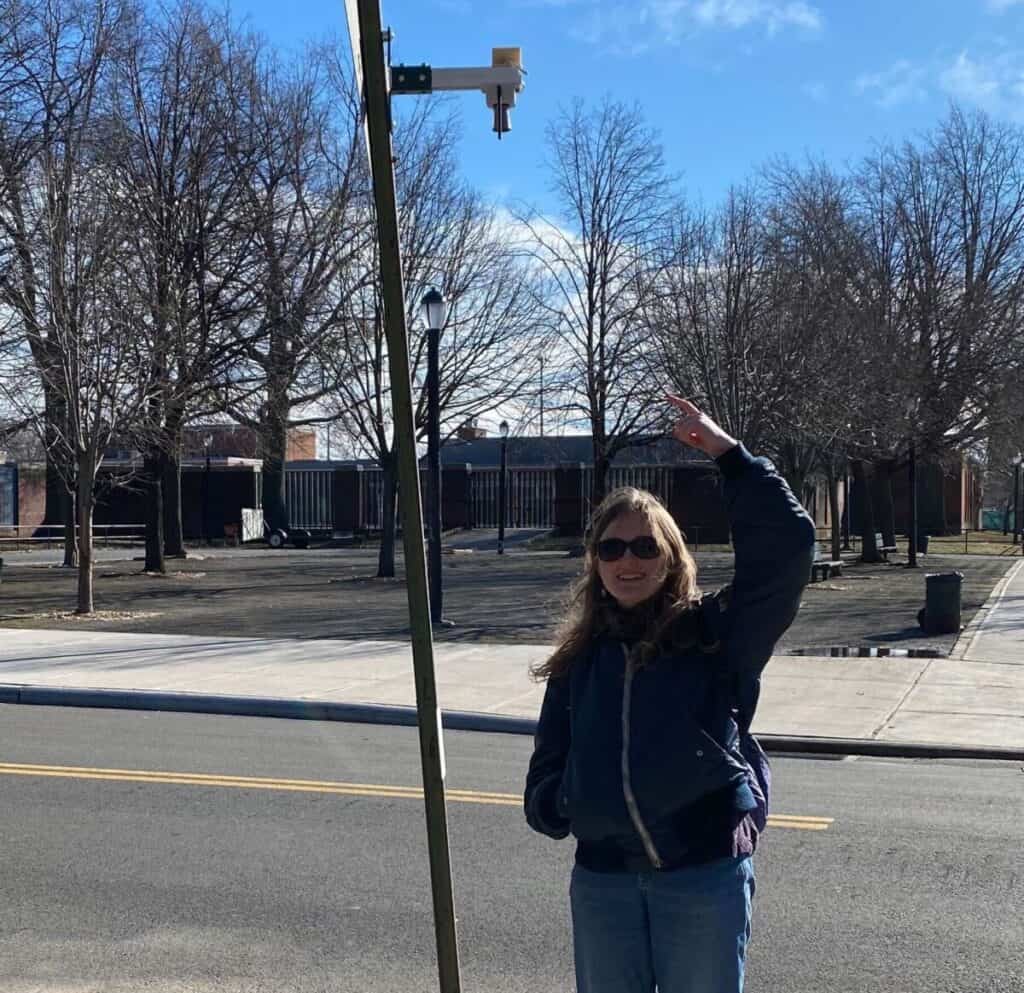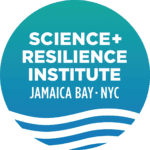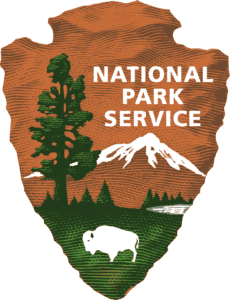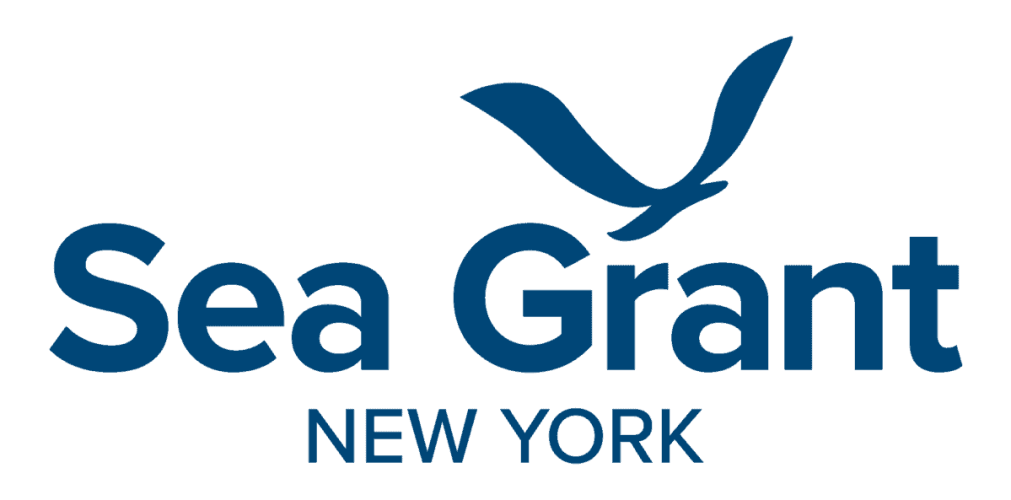As NYC faces growing threats from sea level rise, the Science and Resilience Institute at Jamaica Bay is expanding its FloodNet team. FloodNet is a multi-year effort to install flood sensors in flood-prone areas of NYC to generate data and knowledge that can be used by local residents, researchers, city agencies, and others to advocate around and work to reduce flood risk. The team, co-led by SRIJB, is a cooperative of communities, researchers at CUNY ASRC and NYU Tandon, NYC agency representatives from the Department of Environmental Protection, Mayor’s Office of Climate and Environmental Justice, Office of Technology and Innovation, and others, all invested in working to better understand the frequency, severity, and impacts of flooding in New York City.

Polly Pierone has been working on the FloodNet project since fall 2021, and was recently hired as FloodNet’s full time Project Manager. In this role, Polly coordinates between FloodNet’s many stakeholders to ensure the project is meeting sensor installation and other contract milestones. She also handles administrative tasks and fields inquiries about the project from organizations interested in collaborating with FloodNet or building sensor networks of their own. Polly has long been interested in how the built environment manifests social inequities and how climate change is exacerbating this issue. Her past work has included studying disparities in how the Cape Town water crisis impacted residents and processing tree removal data for neighborhoods across Los Angeles, where Polly was raised. She believes all STEM research should incorporate interdisciplinary collaboration, and finds these values reflected in both SRIJB’s principles and the goals of the FloodNet project. Polly holds a B.A. in Physics and Science in Society from Wesleyan University.
So far, FloodNet has installed 50 sensors across the five boroughs, and the project has funding to install up to 500 sensors over the next four years. FloodNet is also committed to growing its network of community partnerships, and has recently brought on Véronëque Ignace to lead this effort as Community Engagement Manager.

As a Flatbush, Brooklyn native with a background in public health practice, community-based participatory research, and cultural activism, Véronëque develops and leads transdisciplinary community engagement efforts, rooted in social change and seeking to improve community health. Through applied public health practice in diverse spaces, she has stewarded strategic design and program planning and evaluation to facilitate growth, racial equity policies, an orientation toward socio-political community engagement at non-profits, grassroots groups, and larger arts institutions. She is an alum of Williams College and SUNY Downstate School of Public Health. She is currently a PhD student at the CUNY Graduate School of Public Health.
The FloodNet team hopes that access to openly available flood sensor data can be useful not only for city agencies, but also for community residents, organizations, and coalitions interested in understanding how flooding impacts their neighborhoods, exploring how flooding is connected to other relevant community issues, and creating action strategies in response to the two. Community input and engagement around everything from sensor location selection to data platform design are therefore central to the success of FloodNet and, more importantly, to its ability to foster sustainable impact within communities most at risk.






